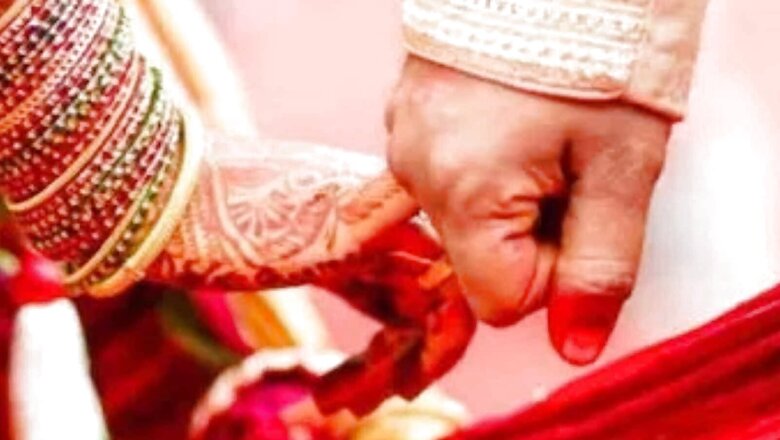
views
It was the promise to end the practice of Triple Talaq that the BJP went to town with in the 2017 assembly elections in Uttar Pradesh, before notching up a record win. This time, an action replay with a similar issue has begun — the promise to enhance the minimum marriage age of all women from 18 to 21.
Both Prime Minister Narendra Modi and UP chief minister Yogi Adityanath raised the subject on Tuesday in Prayagraj, with the PM saying everyone knew who was blocking the bill. The proposed legislation, which will uniformly apply to all religions but will take time to fructify as it has gone now to a standing committee of Parliament, is already a big issue among the Muslim community in Uttar Pradesh. The Samajwadi Party is tying itself up in knots on this, with two of its Lok Sabha Muslim MPs criticising the move while party chief Akhilesh Yadav has backed it.
In 2017, when the BJP-led alliance won 325 out of the 403 assembly seats in the state, the party did well in many Muslim-dominated constituencies too. In fact, it won in over 100 seats where Muslims constituted 20 to 33% of the electorate. Bahujan Samaj Party chief Mayawati had even questioned this performance of the BJP in Muslim-dominated seats, asking if electronic voting machines (EVMs) had been hacked. The BJP’s wins in constituencies like Deoband, Moradabad and Phoolpur Pawai against Muslims candidates of other parties raised the possibility that some Muslim women voted for it.
While one reason for this could have been the Centre’s welfare schemes like Ujjwala, toilets and free housing, reaching women of all communities, one theory was that Muslim women were wooed by the promise of the BJP to bring a law against Triple Talaq. Both the Prime Minister and then law minister Ravi Shankar Prasad had openly said that a law would be brought. The BJP finally did that in 2019.
“The marriage law bill could have a similar impact on voters,” a senior UP BJP leader told News18.
Firstly, some Muslim women could back the BJP as it is a woman-friendly move and enhances the minimum marriage age to 21 from just 15 as widely followed among Muslims, he said. “Secondly, the bill sends a larger message to the majority community that the law will bring all religions at par on the issue and discrimination is being removed,” the leader said.
The state BJP is already planning to include this issue in its campaign in a big way, after both the PM and CM mentioning it. Akhilesh Yadav, who had earlier criticised the Triple Talk step and said it will be used as a “weapon against the minorities” has surprisingly backed the move to increase the marriageable age of women to 21 years, saying his party has always supported women’s empowerment. He has also disassociated himself from the statements made by his two Lok Sabha MPs, Shafiqur Rehman Barq and ST Hasan, who have criticised the legislation.
The BJP feels the division in the opposition ranks over the proposed law will soon emerge, which will go in its favour. The ruling party was strongly backed by women voters in Uttar Pradesh both in the 2017 state elections and the 2019 Lok Sabha polls, mainly on the plank of law and order and welfare schemes. With the SP and Congress both strongly reaching out to women this time, the marriage law could be the BJP’s new weapon in its arsenal to retain its voters.
Read all the Latest Politics News here














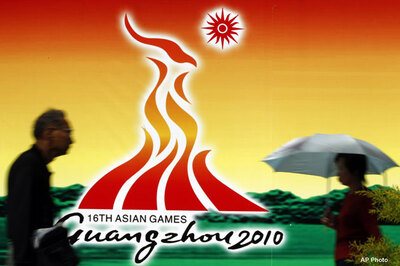

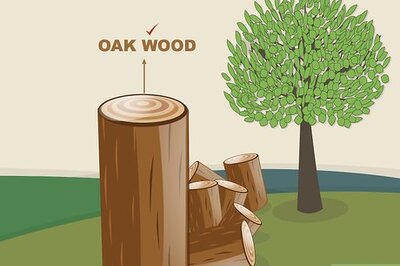
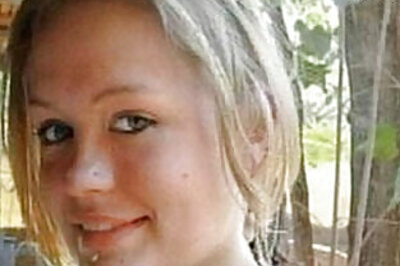

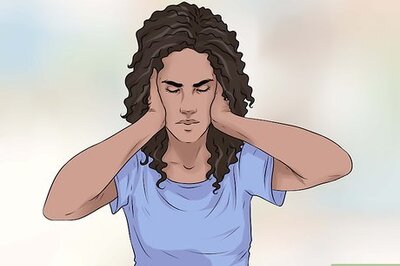
Comments
0 comment